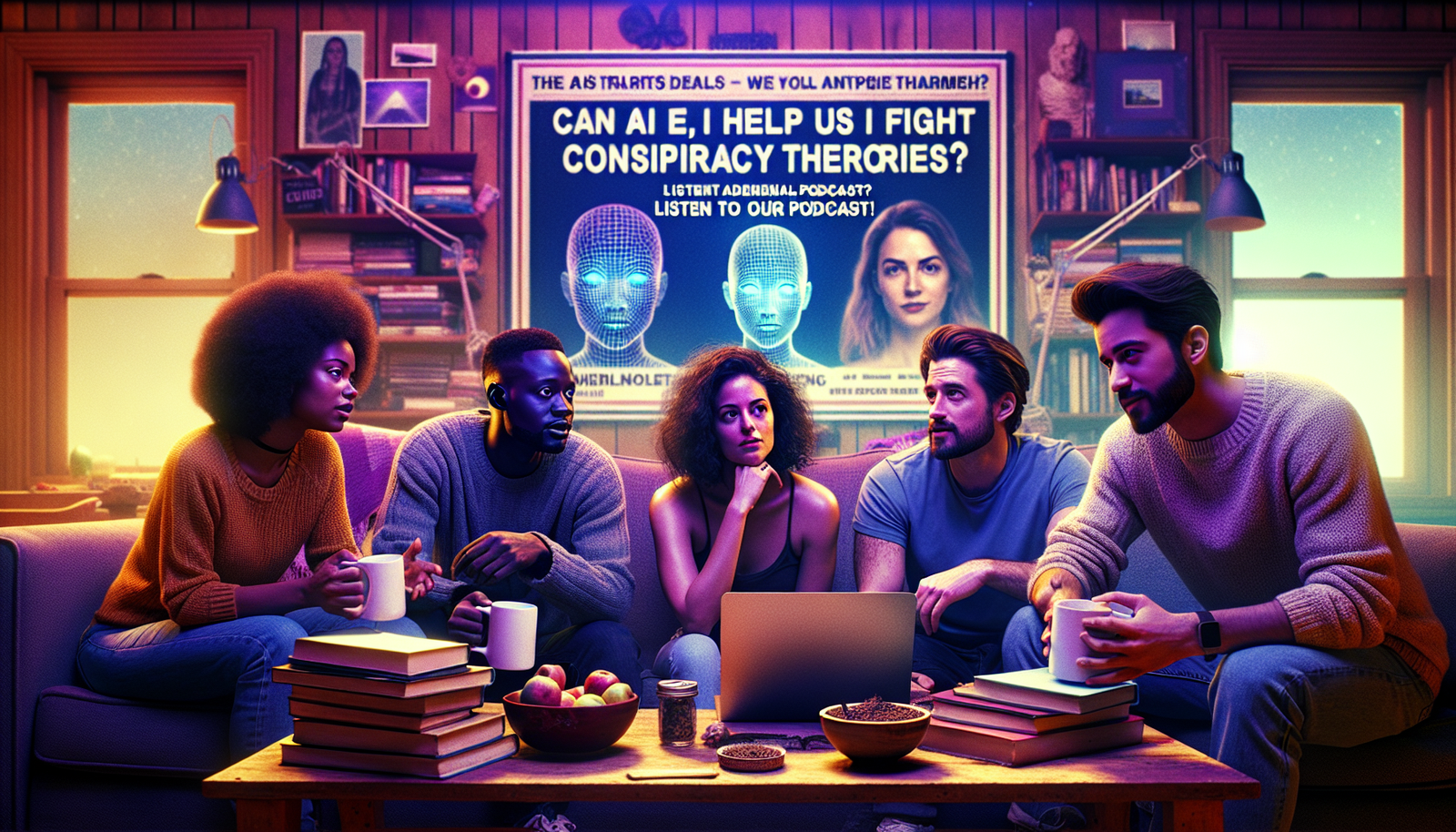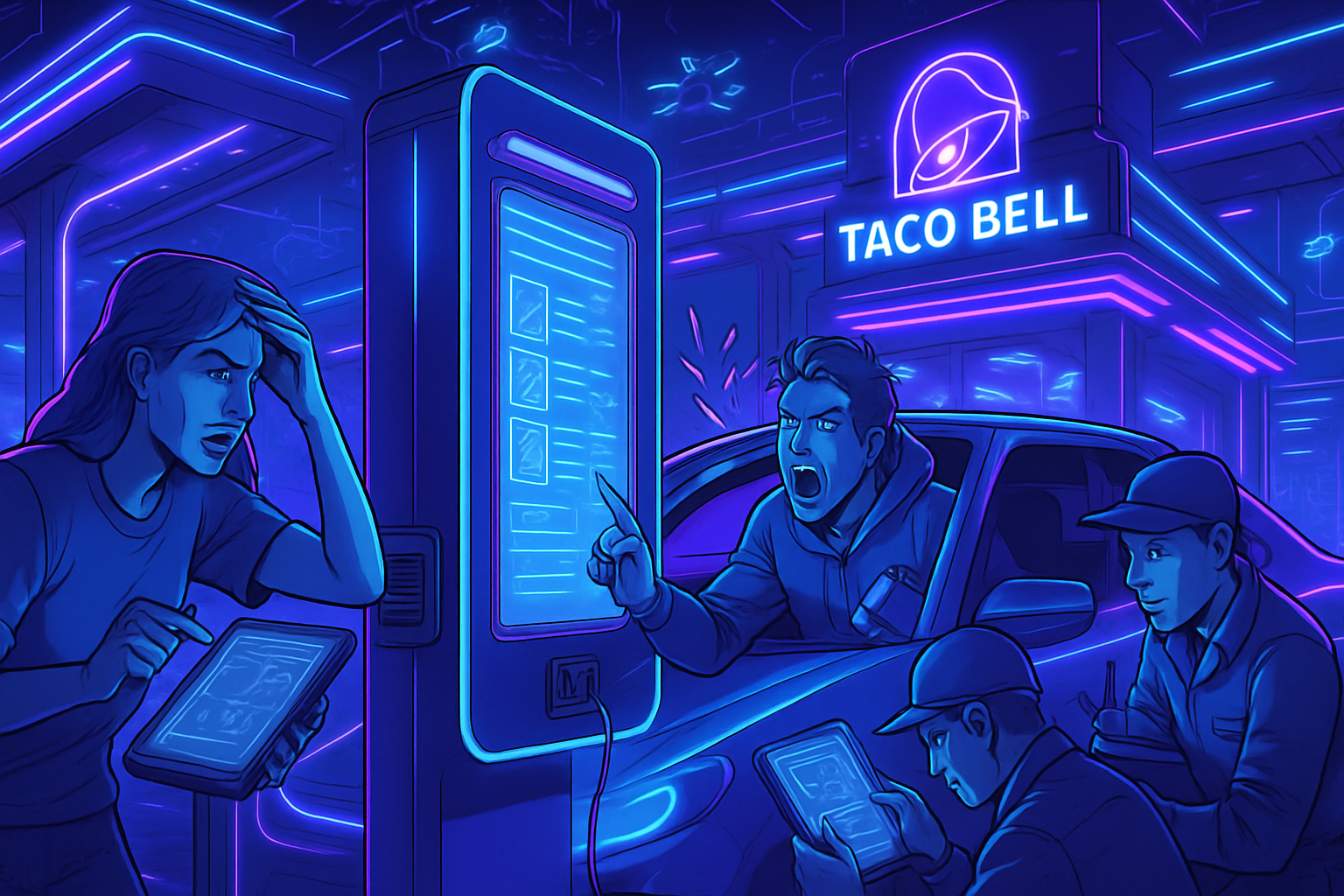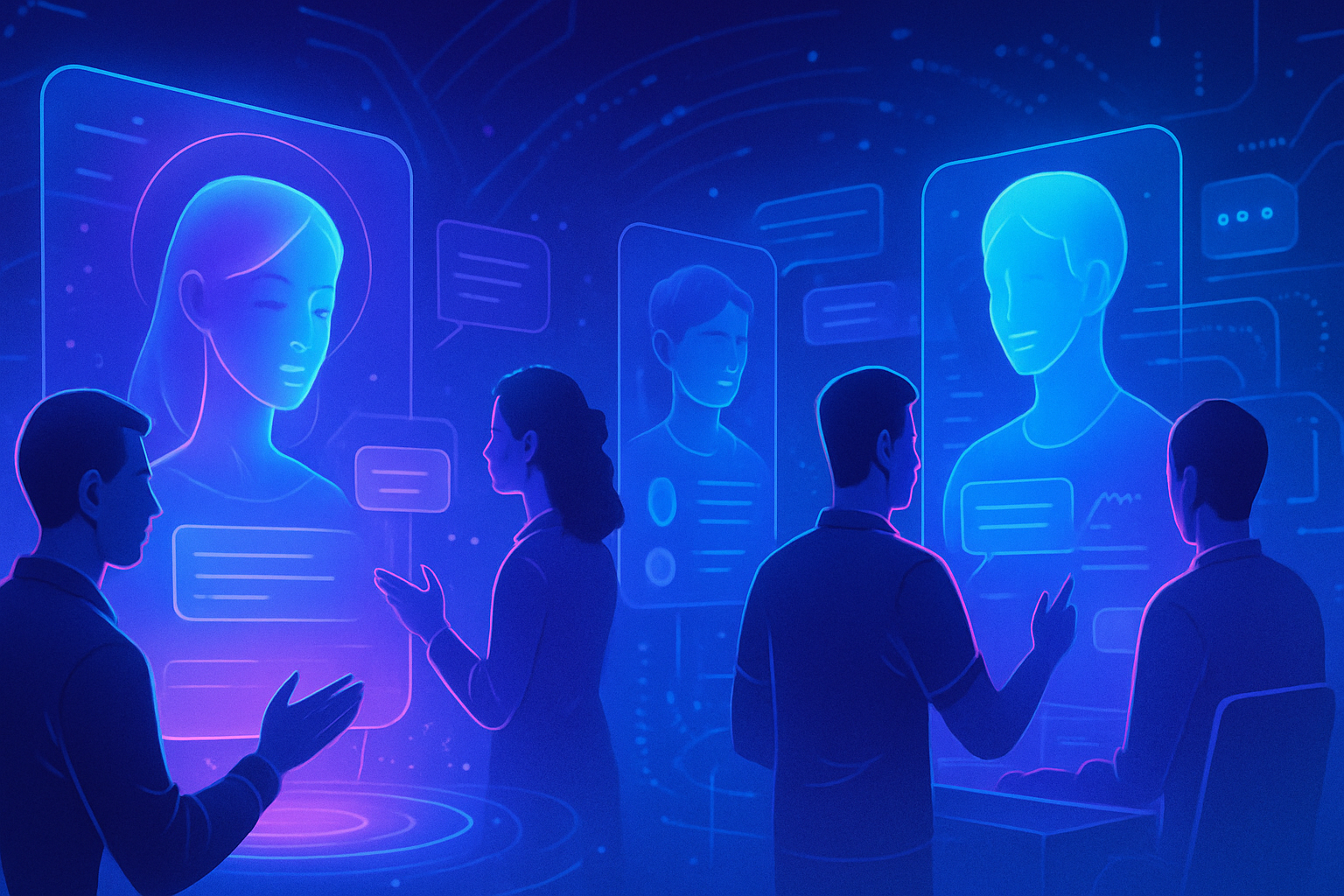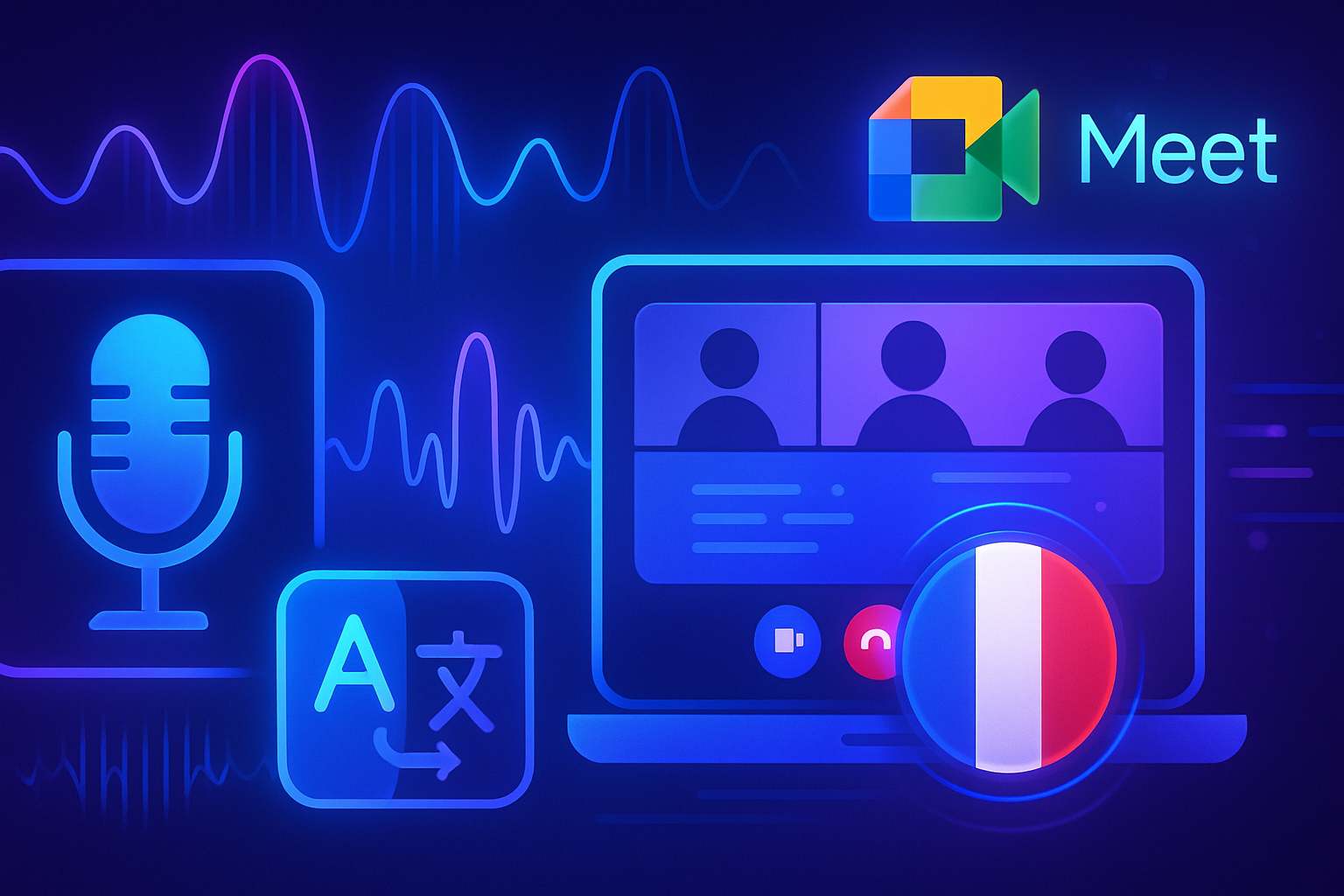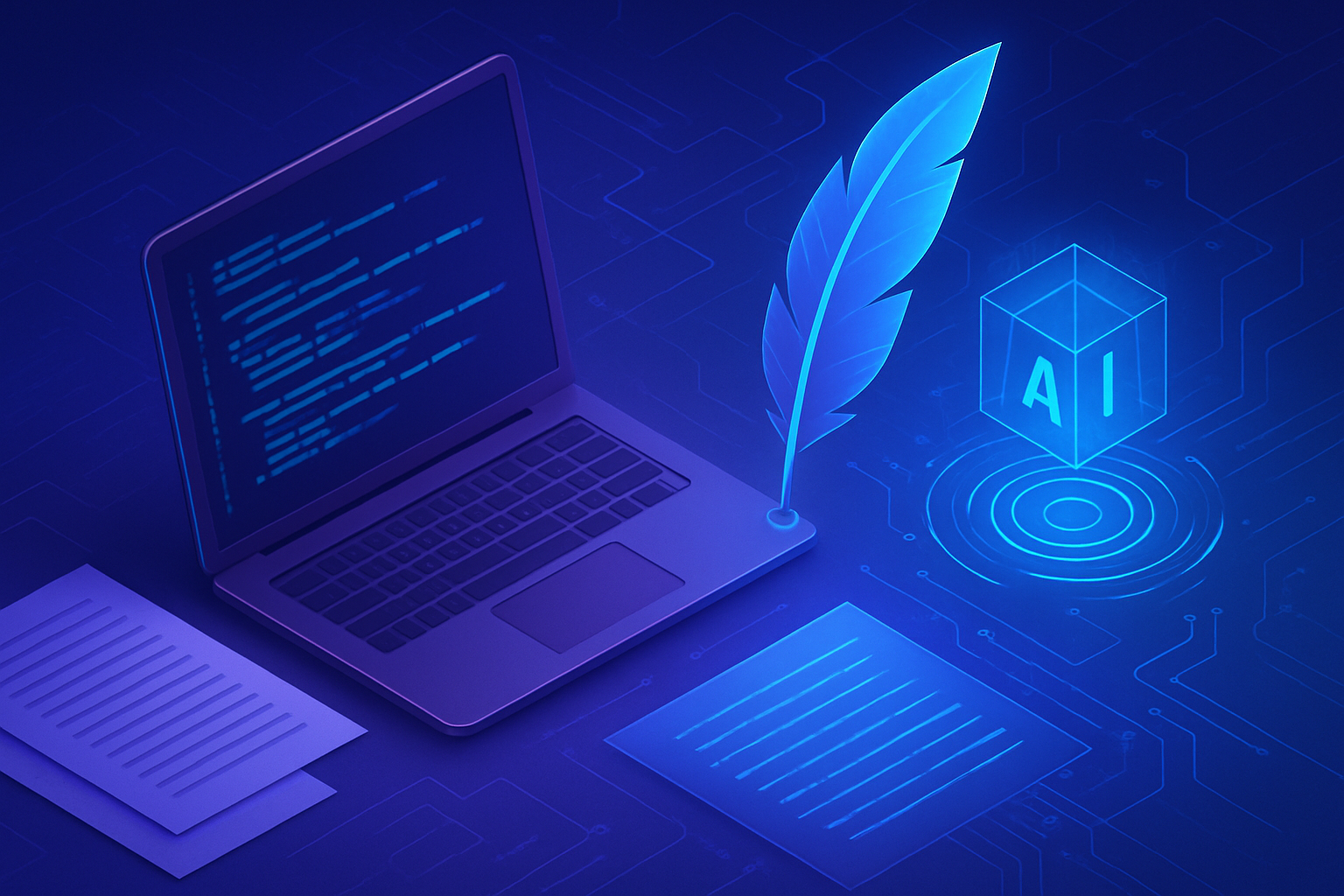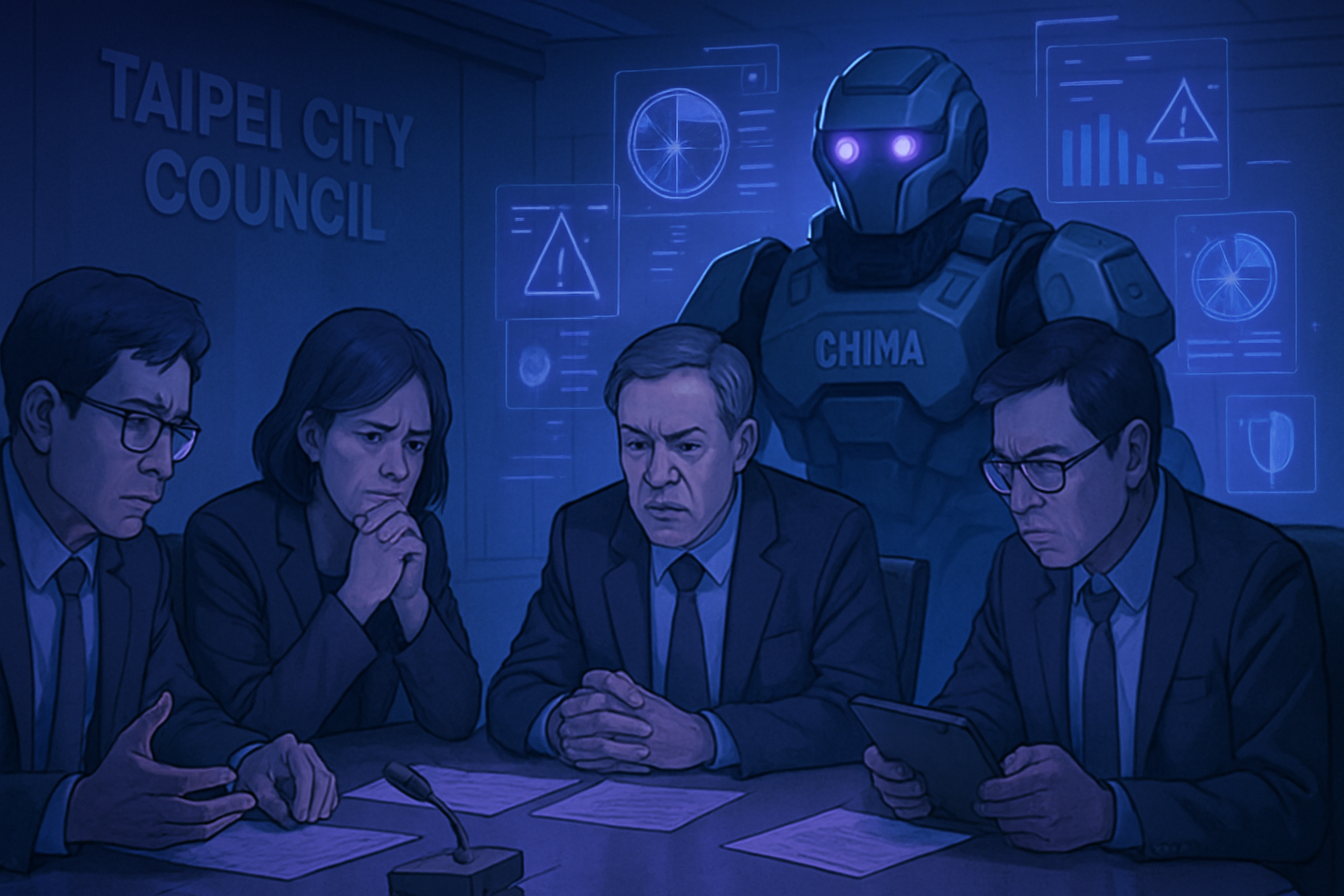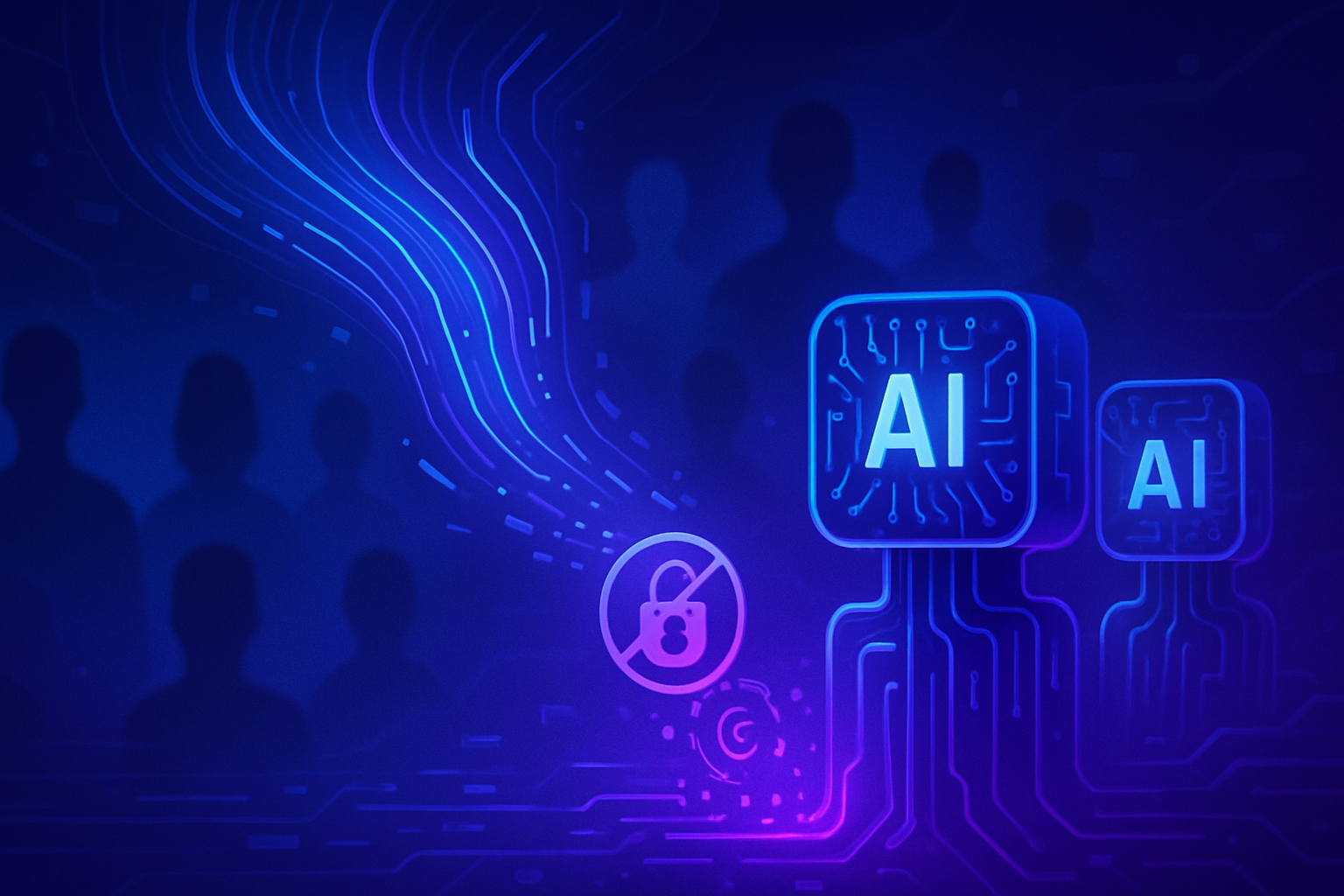AI as a Tool Against Conspiracy Theories
The rise of conspiracy theories poses a major challenge to contemporary society. With the advent of digital technologies, the proliferation of false information has been exponential. As a result, researchers have focused on the use of artificial intelligence to counter this harmful trend. A recent study has sparked interest in the effectiveness of a chatbot specifically trained to debunk conspiratorial beliefs.
How AI Chatbots Work in Debunking Myths
A well-designed chatbot can engage users on sensitive topics, allowing for an interactive approach to address conspiratorial ideas. By effectively interacting, these digital tools correct false certainties while providing tangible evidence. Through deep learning, these systems continuously improve their responses, adapting to the varied contexts of conspiratorial discourse.
Significant Results from the Study
Researchers found that engagement with this type of chatbot led to a marked decrease in conspiratorial beliefs among some participants. The results suggest that AI could indeed influence individuals’ opinions by providing them with accurate and verified information. This demonstrates an innovative potential for AI applications in combating reality distortions.
Listen to Our Podcast for More on the Topic
For a detailed exploration of this issue, the podcast Cogitons Sciences discusses how artificial intelligence is getting involved in the fight against information manipulation. Experts talk about the challenges to be addressed and strategies to adopt to maximize AI’s effectiveness in this area. Direct interaction with listeners allows for an exchange of ideas that enhances understanding of this dynamic.
The Fight Against Digital Disinformation
Beyond chatbots, artificial intelligence offers a range of tools to detect and neutralize fake news. Sophisticated data analysis systems scrutinize online content, quickly identifying misleading elements. Thus, a proactive fight can be implemented to counter disinformation even before it spreads.
Future Perspectives
The integration of artificial intelligence into awareness initiatives could transform how society approaches conspiracy theories. Collaborations between researchers, technologists, and NGOs could promote the creation of robust platforms dedicated to education and fact-checking. These combined efforts could potentially mitigate the negative impact of conspiracy theories on democracy and social cohesion.
Frequently Asked Questions about AI and Conspiracy Theories
Can artificial intelligence really help fight conspiracy theories?
Yes, studies show that specially designed chatbots can help debunk conspiratorial beliefs by providing reliable and factual information.
How does an AI chatbot manage to reduce conspiratorial beliefs?
The chatbot engages with users by presenting clear arguments and scientific evidence, which can prompt them to reconsider their opinions.
What types of conspiracy theories can AI address?
AI can be programmed to target various types of conspiracy theories, whether related to health, politics, or historical events.
Does the use of AI raise ethical concerns?
Yes, the use of AI in the fight against disinformation must be guided by ethical principles to protect freedom of expression and avoid abusive censorship.
Can AI chatbots truly engage in complex discussions about these theories?
Yes, modern chatbots are designed to understand and engage in complex discussions, allowing them to respond appropriately to user inquiries.
How is technology evolving to improve AI effectiveness in this field?
Machine learning technology is constantly improving, enabling AIs to better understand human language and provide more nuanced and informed responses.
What is the role of awareness in using AI against conspiracy theories?
Awareness plays a crucial role, as it helps the public understand how AI can be used as a tool to combat disinformation.
Can we expect AI to change the perception of conspiracy theories in the long term?
With proper use and proven results, AI could positively influence the perception of conspiracy theories, particularly by strengthening critical thinking.
What are the challenges of using AI in the fight against conspiracy theories?
Challenges include persistent disinformation, generalization of AI results, and the need to educate the public about how it works.
How can I listen to the podcast on AI and conspiracy theories?
You can access the podcast on various streaming platforms or on the dedicated website for the topic.
